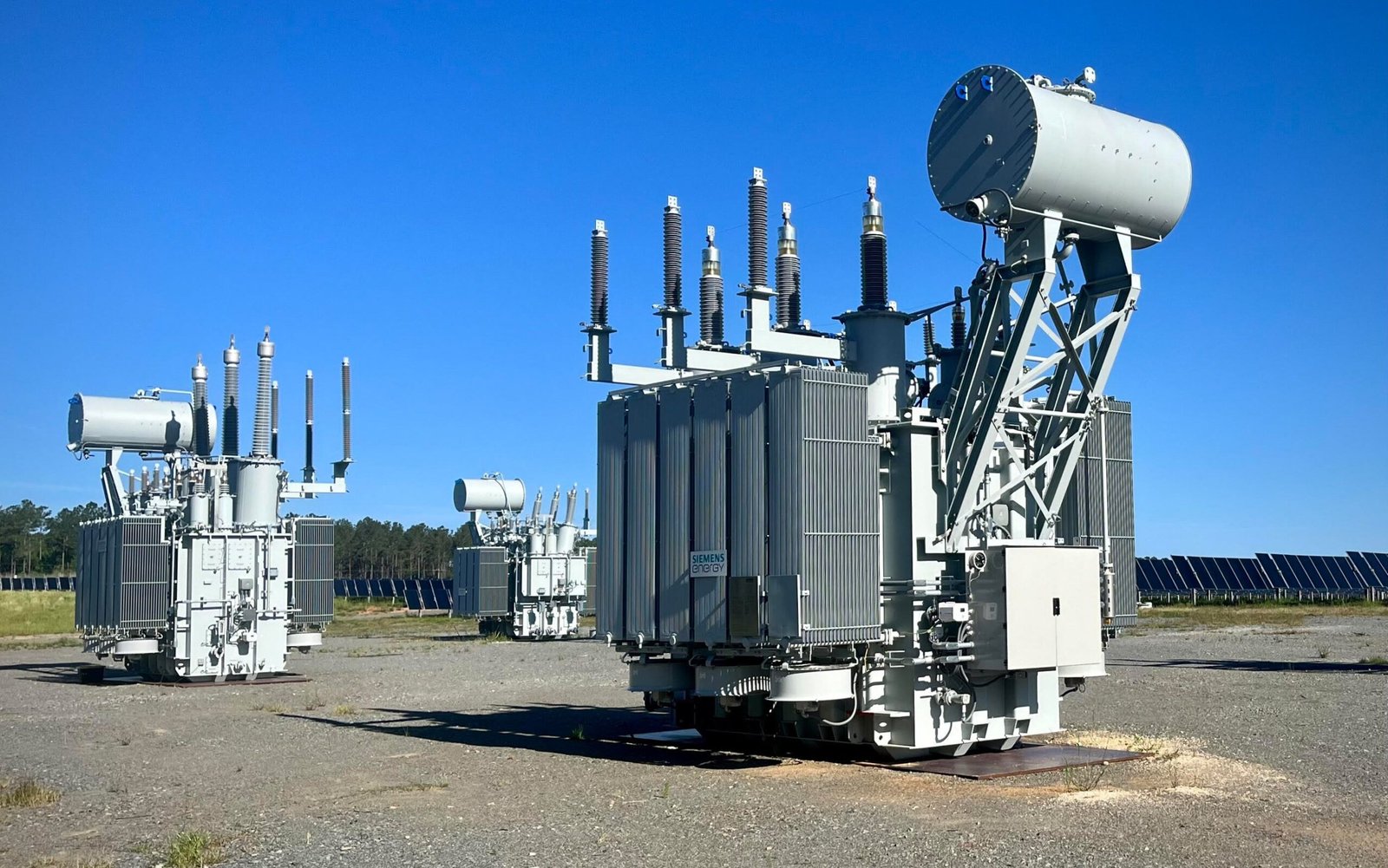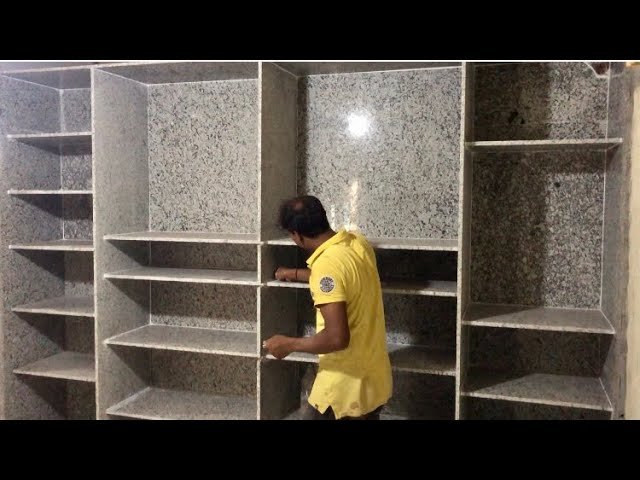In modern electrical systems, the importance of connectors is often underestimated. Yet, they play a critical role in ensuring safety, reliability, and performance. Whether it’s a small-scale commercial setup or a large-scale industrial power system, choosing the right connectors can prevent hazards, improve efficiency, and extend the life of your electrical infrastructure. This article will explore how to choose the correct connectors and why they are vital for safe and reliable power systems.
The Importance of Electrical Connectors in Power Systems
Electrical connectors serve as the link between different components of a power system, ensuring that electricity flows without interruption or risk. A faulty or poorly selected connector can cause overheating, arcing, short circuits, and even fires. In contrast, the right connector improves system integrity, simplifies maintenance, and boosts overall system resilience. With increasing demand for energy and rising complexity in electrical networks, the need for dependable connector solutions is greater than ever.
Factors to Consider When Choosing Electrical Connectors
When selecting connectors for any electrical installation, several technical and environmental factors must be taken into account. These include:
1. Voltage and Current Rating:
The connector must match the system’s voltage and current requirements. Overloading a connector can lead to overheating and failure.
2. Material and Conductivity:
High-quality connectors are made from materials like copper or aluminum for better conductivity and lower resistance. Plating materials such as tin or silver can enhance durability and corrosion resistance.
3. Environmental Conditions:
Connectors used in harsh environments must resist moisture, dust, vibration, and temperature extremes. Look for IP-rated connectors when environmental exposure is a concern.
4. Mechanical Strength and Durability:
Connectors must endure physical stress, especially in high-vibration areas. Industrial-grade connectors with locking mechanisms offer better safety and mechanical reliability.
5. Compatibility with Electrical Panels:
To ensure system-wide safety, connectors should be compatible with existing electrical panels and components. This is particularly important in critical installations like switchboards and control panels.
For safe integration into any electrical setup, consider hiring a professional with expertise in Electrical Panel Installation Services to ensure proper connector compatibility and performance.
Types of Electrical Connectors
There are numerous types of electrical connectors available in the market, and selecting the right type depends on the application. Some commonly used connectors include:
• Lug Connectors:
Used for connecting cables to terminals or busbars, lug connectors are vital in switchgear and panel boards.
• Plug and Socket Connectors:
Common in portable devices and machinery, they allow for quick connection and disconnection.
• Terminal Blocks:
Ideal for wiring in distribution boards and control panels, terminal blocks offer organized and secure connections.
• Insulated and Non-Insulated Connectors:
Insulated connectors provide added protection against accidental contact, while non-insulated ones are used in enclosed areas.
Common Mistakes to Avoid
Incorrect selection or installation of connectors can compromise electrical safety and lead to costly downtime. Here are a few mistakes to avoid:
- Using connectors not rated for the specific voltage or current
- Failing to tighten connections properly
- Ignoring environmental protection ratings
- Choosing substandard or incompatible materials
- Overlooking periodic inspection and maintenance
To avoid such pitfalls, it’s wise to consult experts from the Top Electrical Solution Company in Rajasthan who can guide you in selecting and installing connectors suited to your system’s needs.
The Role of Connectors in Electrical Safety
Electrical safety starts with quality components, and connectors are among the most important. A poorly installed or inappropriate connector can become a hotspot for faults, resulting in fires, shocks, or equipment failure. Conversely, a well-designed connector system enhances current flow, minimizes energy losses, and reduces the risk of electrical hazards. Regular inspection and preventive maintenance of connectors are also essential in maintaining system integrity.
Manikaran Enterprises, a trusted name in electrical infrastructure, emphasizes the use of standard-compliant connectors to meet both industrial and commercial safety regulations. Their team ensures that every connector installed supports the safety, efficiency, and durability of the overall system.
Trends and Innovations in Connector Technology
As technology evolves, so do the demands placed on electrical connectors. Recent advancements include:
- Smart Connectors: Equipped with sensors that monitor temperature and current flow, alerting operators to potential issues.
- Modular Connector Systems: Allow flexible configurations and easier maintenance or upgrades.
- Environmentally Sealed Connectors: Designed for outdoor and marine applications, ensuring long-term reliability in tough conditions.
Such innovations further reinforce the idea that connectors are not just passive components but active contributors to system safety and functionality.
Conclusion
Choosing the right connectors is crucial for maintaining safe and reliable power systems. From voltage rating to material compatibility and environmental resistance, every factor matters. Whether you’re building a new electrical system or upgrading an old one, investing in quality connectors and professional installation can save time, reduce costs, and most importantly, protect lives. As industry experts like Manikaran Enterprises demonstrate, attention to detail in connector selection and installation is not just a best practice—it’s a necessity for any modern power system.




